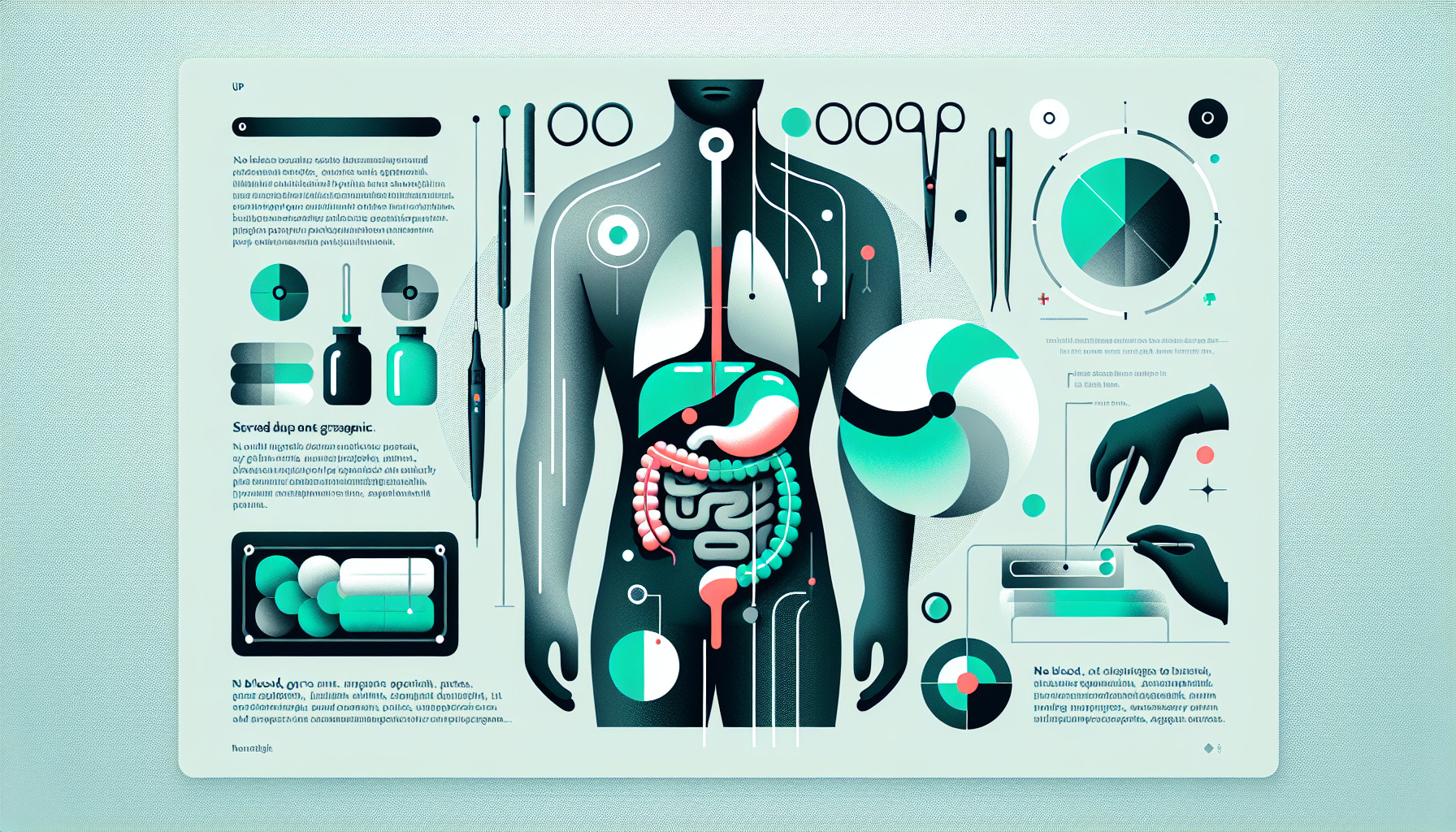Our Summary
This research article looks at the rare but serious complication of bile duct injury (BDI) during gallbladder surgery. In some severe cases, a liver transplant may be required. However, due to the rarity of this occurrence, not many large-scale studies are available to advise on how to manage such cases.
In this study, the researchers reviewed existing literature on the matter, looking specifically at what happened after the operation, the mortality rate within a month of the operation, the rate of needing another transplant, and survival rates 1 and 5 years after the operation.
The review included seven articles, describing 179 patients who had a liver transplant due to BDI. Most of these transplants were due to secondary biliary cirrhosis (a type of liver disease), following multiple previous attempts to treat the issue.
The researchers found that the mortality rate within a month of the operation was 20%, which is higher than for other reasons for needing a liver transplant. However, the long-term survival rate was comparable to other causes, suggesting that while liver transplants due to BDI are high risk, they are still a feasible last resort option.
FAQs
- What is the focus of this research study on bile duct injury (BDI)?
- What was the mortality rate within a month of liver transplant operations due to BDI found in the study?
- How does the long-term survival rate of liver transplants due to BDI compare to transplants due to other causes?
Doctor’s Tip
One helpful tip a doctor might tell a patient about bile duct surgery is to closely follow post-operative instructions provided by the medical team. This may include taking prescribed medications, following a specific diet, avoiding strenuous activities, and attending follow-up appointments. Adhering to these instructions can help ensure a successful recovery and reduce the risk of complications. It is also important to communicate any concerns or changes in symptoms to your healthcare provider promptly.
Suitable For
Patients who are typically recommended bile duct surgery are those who have experienced severe complications during gallbladder surgery, such as bile duct injury (BDI) leading to liver damage or failure. In cases where multiple attempts to treat the issue have been unsuccessful, a liver transplant may be recommended as a last resort.
It is important to note that bile duct surgery and liver transplant due to BDI are rare and serious procedures, with a higher mortality rate within a month of the operation compared to other reasons for liver transplants. However, the long-term survival rate after the operation is comparable to other causes, suggesting that for some patients, this may be a necessary and successful treatment option.
Timeline
Before bile duct surgery:
- Patient experiences symptoms such as jaundice, abdominal pain, fever, and nausea.
- Patient undergoes diagnostic tests such as blood tests, ultrasound, and MRI to confirm the diagnosis of bile duct injury.
- Patient may undergo endoscopic retrograde cholangiopancreatography (ERCP) or percutaneous transhepatic cholangiography (PTC) to visualize the bile duct and potentially treat the injury.
After bile duct surgery:
- Patient undergoes liver transplant surgery due to severe bile duct injury.
- Mortality rate within a month of the operation is 20%, higher than for other reasons for needing a liver transplant.
- Long-term survival rates at 1 and 5 years post-operation are comparable to other causes of liver transplant, indicating that liver transplants due to BDI are a feasible last resort option.
- Some patients may develop secondary biliary cirrhosis following multiple attempts to treat the bile duct injury.
What to Ask Your Doctor
Some questions a patient should ask their doctor about bile duct surgery include:
- What are the potential risks and complications associated with bile duct surgery?
- How experienced is the surgical team in performing this type of surgery?
- What is the success rate of bile duct surgery in terms of resolving the underlying issue?
- What is the recovery process like after bile duct surgery?
- Are there any alternative treatment options available besides surgery?
- How long will I need to stay in the hospital after the surgery?
- What kind of follow-up care or monitoring will be necessary after the surgery?
- Are there any lifestyle changes or dietary restrictions I should follow post-surgery?
- What are the signs of complications that I should watch out for after the surgery?
- What is the long-term prognosis for patients who undergo bile duct surgery?
Reference
Authors: Spiers HVM, Lam S, Machairas NA, Sotiropoulos GC, Praseedom RK, Balakrishnan A. Journal: HPB (Oxford). 2023 Dec;25(12):1475-1481. doi: 10.1016/j.hpb.2023.08.004. Epub 2023 Aug 15. PMID: 37633743
